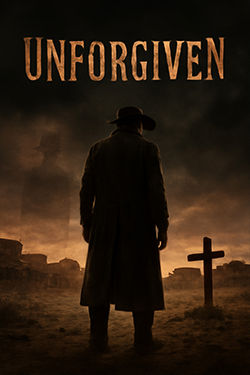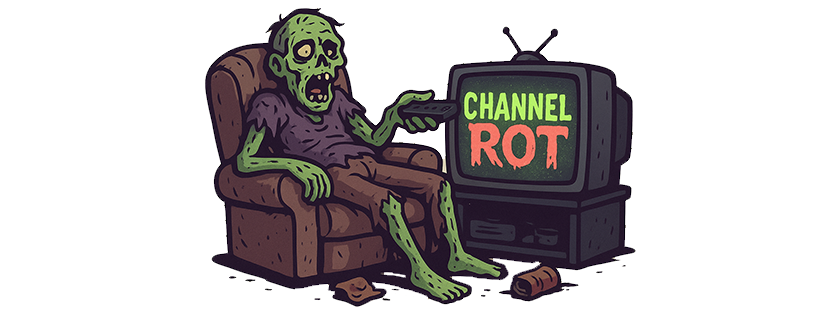
Unforgiven: A Philosophical Dissection of Justice, Redemption, and the Inescapable Weight of the Past
Clint Eastwood’s Unforgiven is, at first glance, a film about revenge, about a worn-out gunslinger, Will Munny, seeking one last payout to bury his demons. But, beneath the surface, it is an exploration of the ethical abyss, a meditation on justice, and a lament for the human condition, all set in the unforgiving world of the Old West.
The central theme of Unforgiven is perhaps best captured in the tragic contradiction of its protagonist. Munny is a man who has renounced violence, yet he is inexorably drawn back into it, suggesting that redemption is a myth, something we chase only to find that we can never outrun our sins. His brutal acts are not cathartic; they are the burdens of a world that insists on blood for blood, a world where the line between justice and vengeance is as thin as the barrel of a gun.
The film also flips the notion of the “heroic outlaw,” asking whether someone who kills for money can ever truly be forgiven. Here, Eastwood challenges us to confront the uncomfortable truth that we are all products of our circumstances, trapped in a cycle of violence that seems destined to repeat. There is no escape from the past; there is only the crushing weight of what we have done and the hollow solace of a world that remains unchanged.
Unforgiven is not just a Western. It’s a philosophical treatise on the moral consequences of our actions and the devastating futility of redemption.
